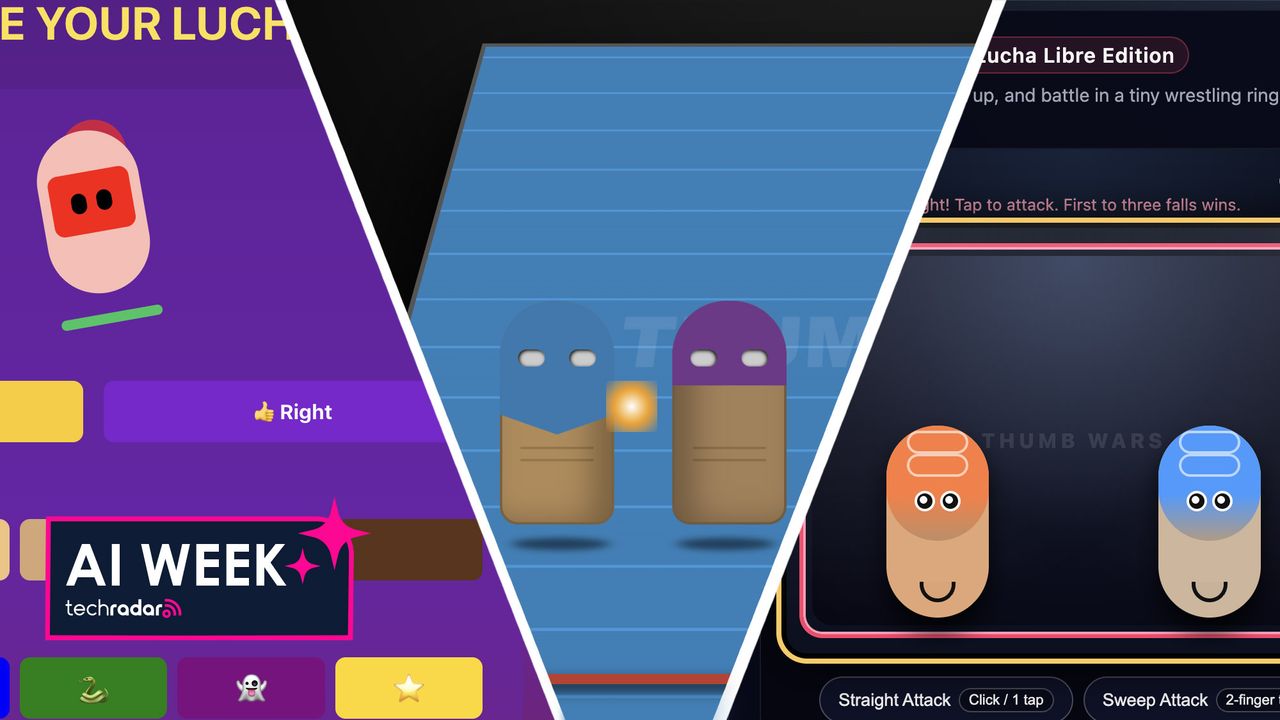
Larry Summers Resigns from OpenAI Board Amid Epstein Email Leak
Former Treasury Secretary and Harvard professor Larry Summers stepped down from OpenAI's board after a congressional release of emails linking him to convicted sex offender Jeffrey Epstein. The email cache revealed private communications in which Summers sought advice about a relationship with a woman he described as a mentee, sparking a Harvard‑initiated probe and prompting him to withdraw from public commitments. The revelations come as both the House and Senate voted to make the Epstein files public, intensifying scrutiny of Summers' conduct and his ties to the tech company.








